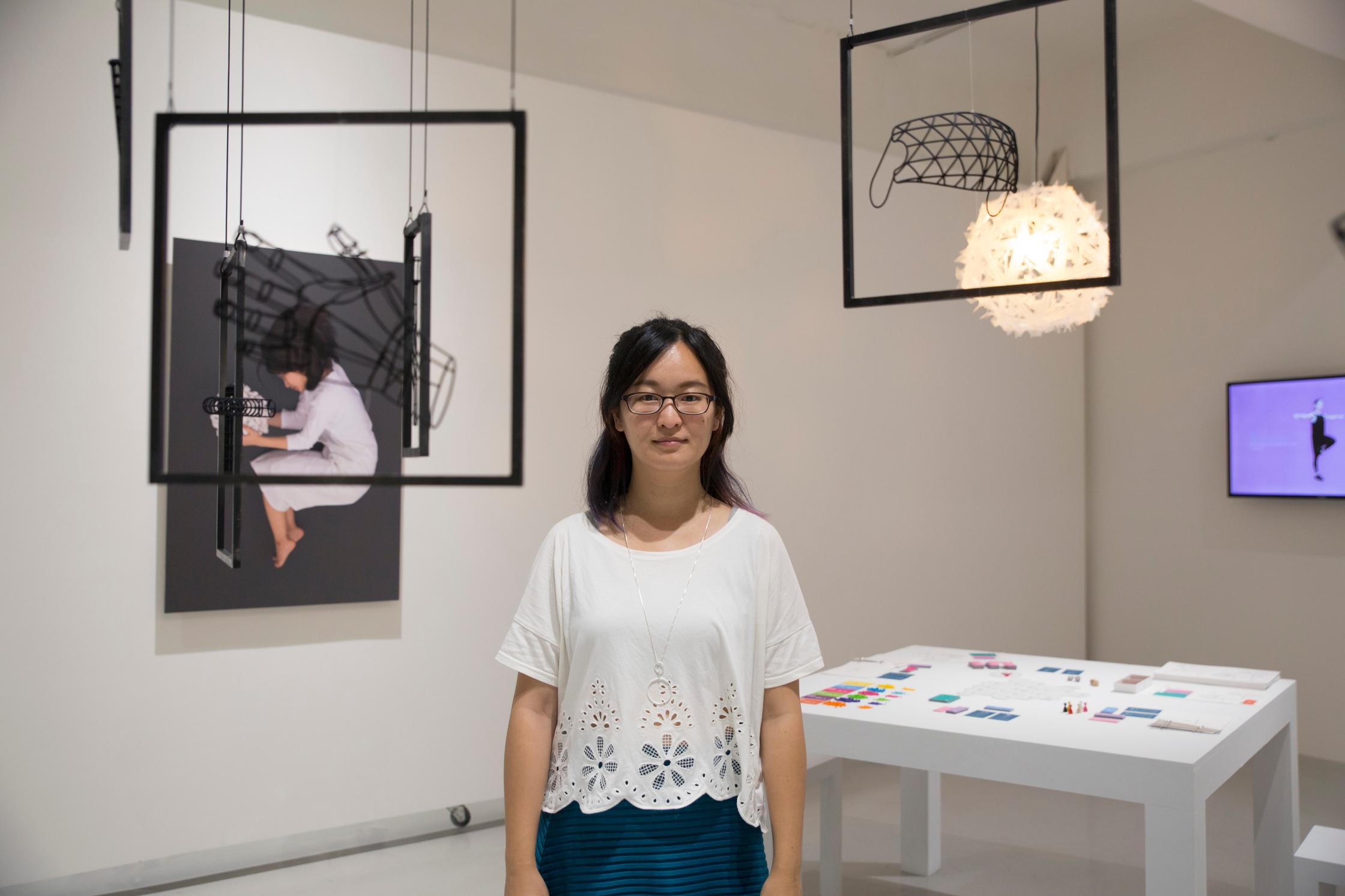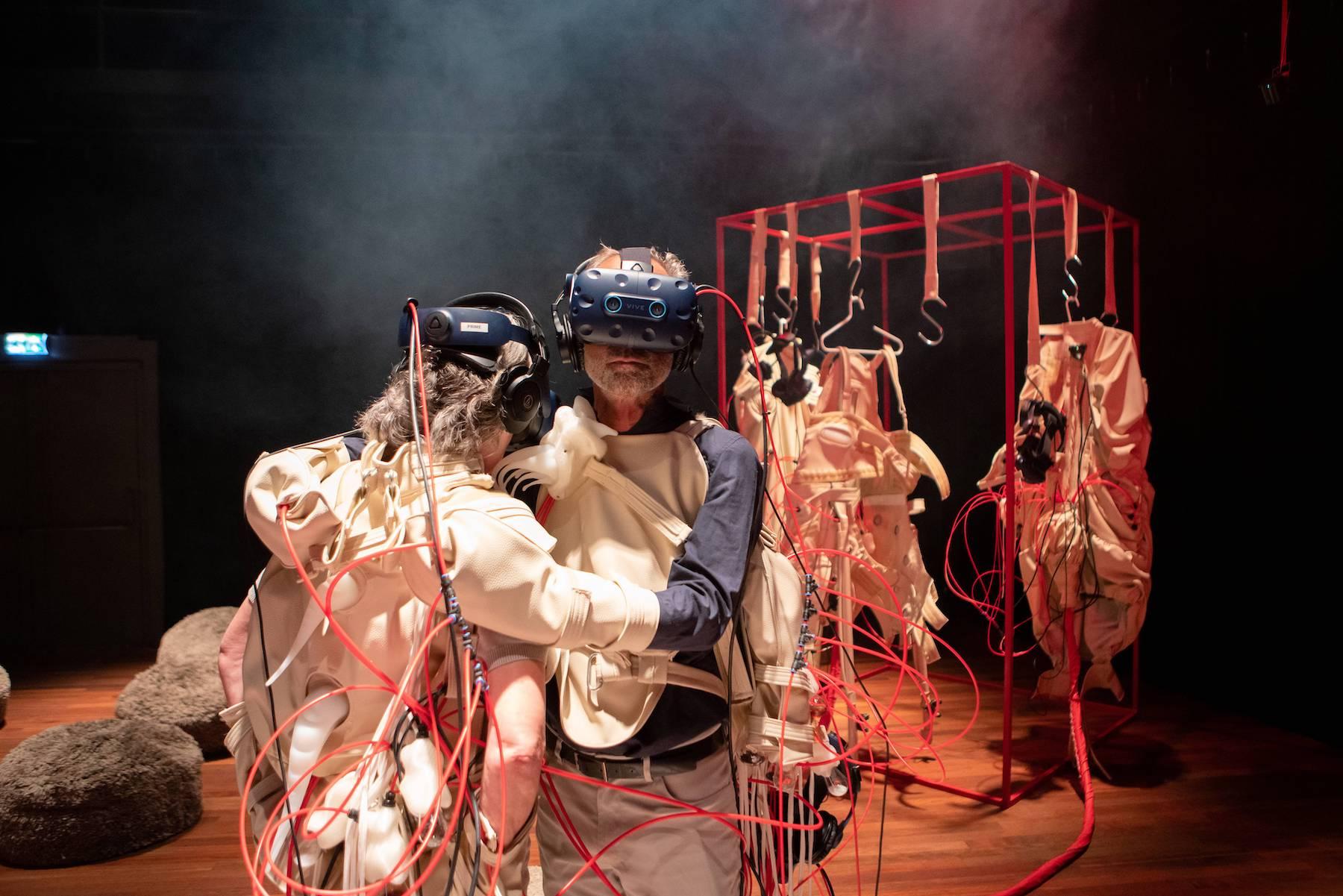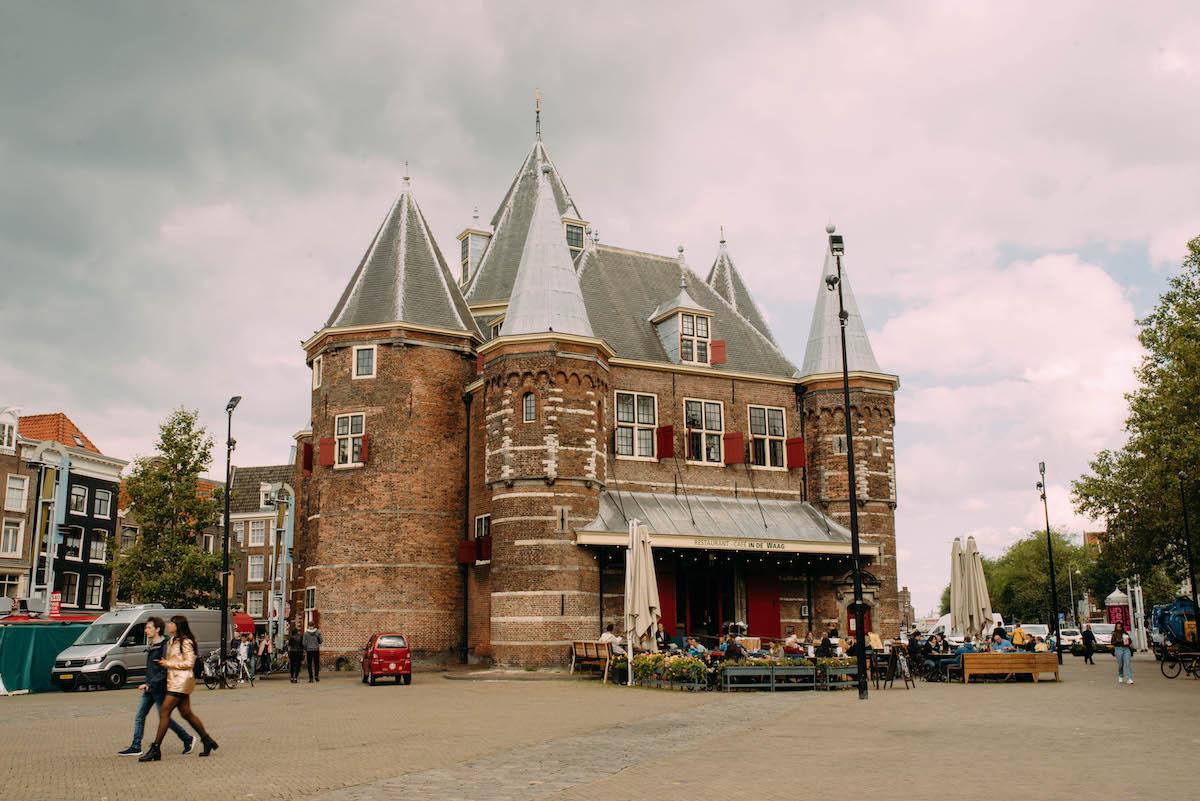The bio-art scene is on a rise. Fueled by a new breed of artist that work both between disciplines as between cultures. In their work bio-artists speculate about the future. They find new topics for science to explore through experiments at the crossing of biology, life science, art and design. Artist Pei-Ying Lin, artist-in-resident at Waag, is an inspiring example of this.
Pei-Ying Lin is a Taiwanese bio-art designer and artist, founder of Taiwanese BioArt Community and co-founder of Ouroboros - Organic Organism of O. From September 2017 until August 2018 Pei-Ying Lin is collaborating with Mediamatic, Vrije Universiteit and Waag as part of the 3Package Deal from the Amsterdam Fund for the Arts (AFK). We spoke to Pei-Ying Lin about her work in which she explores the relationship between human and viruses.
How did you become interested in viruses?
"By reading a Chinese novel about a bio-terrorist and a doctor, dealing with a smallpox outbreak. During my studies in the UK I became aware of cultural differences in how people deal with sickness and viruses, for example the attitudes towards wearing face-masks in public. It inspired me to explore the relationship between humans and viruses, which is something that came back in my work for the BAD award. In the last years you can see that the attitudes towards bacteria has changed. Often bacteria are now also used for good things, whereas the main attention on viruses is on the negative sides. Viruses are relatively new and the positive uses are still unknown. There is a lot to be discovered there."
What inspired you to combine your work on viruses with food?
"I asked myself: what is the most intimate contact you can have with a virus? This is through food, by eating and digesting infected food we can become infected ourselves with the virus. I also like to incorporate ideas of Chinese medicine into my work. Food has different qualities in Chinese medicine practices, for example ginger is eaten to get warmer while watermelon cools you down. This inspired me to look at viruses as one of the ingredients in a cookbook and its impact on our bodies."
In what way can viruses be applied in the kitchen?
"In several cuisines around the world cow intestines are incorporated into popular dishes. When cows become infected with norovirus, this changes the structure and texture of their intestine. The intestine becomes smoother in texture and this provides opportunities to change the dishes as well. In this way, exploring different uses of the norovirus can provide culinary value."
What are you working on as part of the 3Package Deal?
"As part of the 3Package Deal I am working on this cookbook. The first part of the cookbook is meant to redefine the act of eating, both the physical and cultural aspects of it. Physically, humans and viruses eat in different ways. As humans we eat by putting food in our mouth, but a virus grows by using the host. The cookbook also contains a menu which uses food to replicate the effects a virus can have on your body. For example, the norovirus menu has an appetizer that induces vomiting, to replicate the symptoms caused by the virus. Through this cookbook I want to explore the possibilities of becoming friendlier with viruses, and developing new uses for them."
Will you be trying out this menu?
"I haven’t decided on this yet, the use of viruses definitely provides a restriction. Currently, the cookbook functions more as a thought experiment. For example, the experience of the virus could be simulated by thinking of how eating this food would affect you."
How is it to collaborate with Mediamatic, de Vrije Universiteit en Waag als part of the 3Package Deal?
"The three organisations involved in the 3Package Deal all provide different resources and information that I can use for the project. I am in contact with virologists, have access to facilities to grow plants to use for the cookbook, and can explore the possibilities of using this project for thought experiments or performances."
Would you like to be part of a thought and food experiment with Pei-Ying Lin? On Thursday May 17 the workshop 'Cooking with viruses' takes place at Waag. More information here.
This project is supported by the 3Package Deal of Amsterdam Fund for the Arts (AFK).
Co-written by Hannah de Bruijn.


